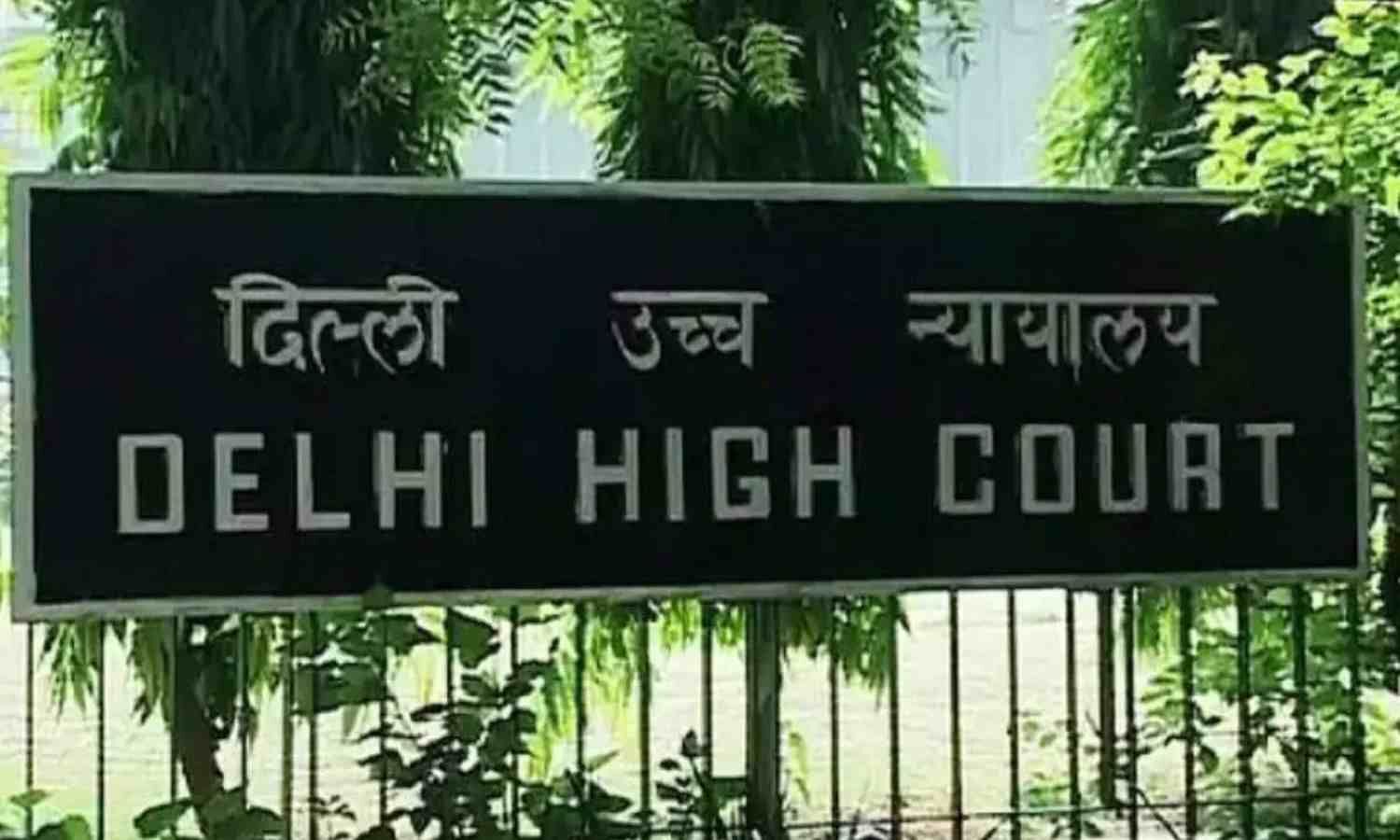21 January 2025
The dispute revolved around Indian Patent IN 243301, registered to Boehringer Ingelheim, for the anti-diabetic drug 'LINAGLIPTIN.' Granted on October 5, 2022, with a priority date of August 21, 2002, the patent expired on August 18, 2023. Macleods Pharmaceuticals, a manufacturer of generic pharmaceuticals, filed a revocation petition on February 17, 2022, under Section 64(1) of the Patents Act. This move coincided with their planned commercial launch of a generic version of 'LINAGLIPTIN,' prompting Boehringer Ingelheim to file an infringement lawsuit against Macleods in the Himachal Pradesh High Court.
Represented by Senior Counsel, Boehringer Ingelheim argued for the dismissal of the revocation petition, presenting two key points. First, they contended that the invalidity defense raised by Macleods under Section 107 of the Patents Act in the infringement case covered similar grounds as the revocation petition, risking inconsistent judgments. Second, they claimed that Macleods ceased to qualify as a 'person interested' under Section 2(1)(t) of the Act after the patent's expiry, thereby rendering the revocation petition untenable.
On the other hand, Macleods Pharmaceuticals, through their Counsel, argued that Section 64 grants an independent statutory right to seek patent revocation, separate from the invalidity defense in an infringement suit. They emphasized that a revocation petition affects the patent's validity as a whole (in rem), whereas a Section 107 defense is restricted to the parties involved. Additionally, they asserted that the patent's expiry did not negate their interest, as damages for alleged infringement during the patent's term could still be pursued.
The dispute revolved around Indian Patent IN 243301, registered to Boehringer Ingelheim, for the anti-diabetic drug 'LINAGLIPTIN.' Granted on October 5, 2022, with a priority date of August 21, 2002, the patent expired on August 18, 2023. Macleods Pharmaceuticals, a manufacturer of generic pharmaceuticals, filed a revocation petition on February 17, 2022, under Section 64(1) of the Patents Act. This move coincided with their planned commercial launch of a generic version of 'LINAGLIPTIN,' prompting Boehringer Ingelheim to file an infringement lawsuit against Macleods in the Himachal Pradesh High Court.
Represented by Senior Counsel, Boehringer Ingelheim argued for the dismissal of the revocation petition, presenting two key points. First, they contended that the invalidity defense raised by Macleods under Section 107 of the Patents Act in the infringement case covered similar grounds as the revocation petition, risking inconsistent judgments. Second, they claimed that Macleods ceased to qualify as a 'person interested' under Section 2(1)(t) of the Act after the patent's expiry, thereby rendering the revocation petition untenable.
On the other hand, Macleods Pharmaceuticals, through their Counsel, argued that Section 64 grants an independent statutory right to seek patent revocation, separate from the invalidity defense in an infringement suit. They emphasized that a revocation petition affects the patent's validity as a whole (in rem), whereas a Section 107 defense is restricted to the parties involved. Additionally, they asserted that the patent's expiry did not negate their interest, as damages for alleged infringement during the patent's term could still be pursued.

Stay Connected, Stay Informed –
Don’t miss out on exclusive updates, market trends, and real-time investment opportunities. Be the first to know about the latest unlisted stocks, IPO announcements, and curated Fact Sheets, delivered straight to your WhatsApp.